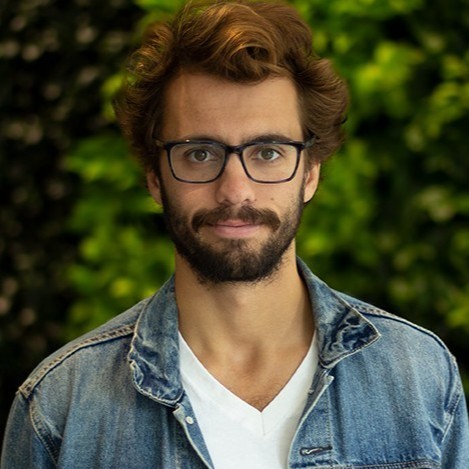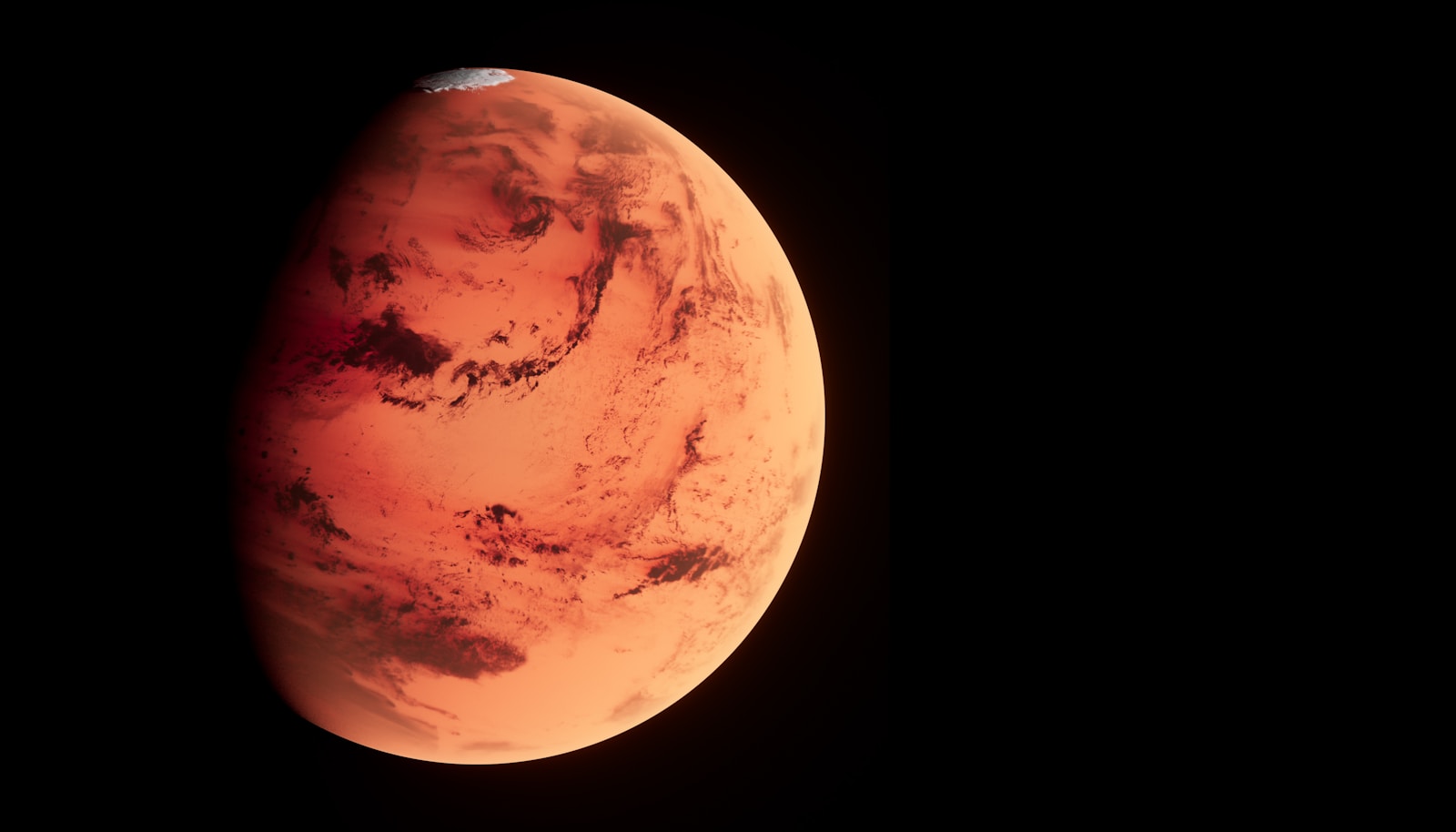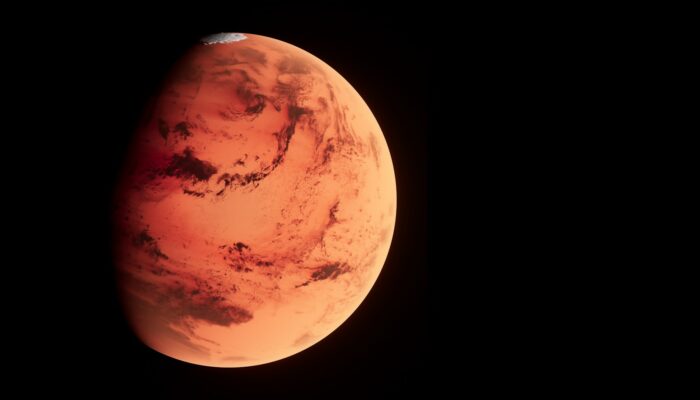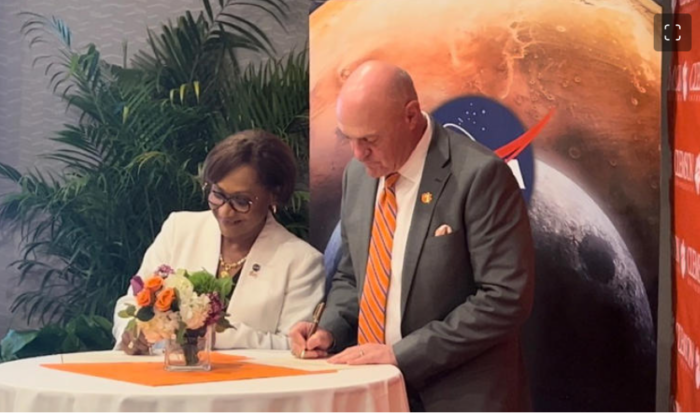For Delian Asparouhov, a visionary hailing from Bulgaria, the future has eternally been etched in the constellations. Particularly, this vision has manifested in the realms of science and manufacturing. Over the last decade, Asparouhov’s journey has woven through the intricate tapestry of entrepreneurship and investment. This journey, illuminated by diverse roles across startups and venture capital firms, including the esteemed San Francisco-based Founders Fund, where he holds a partnership.
In August 2020, Asparouhov embarked on a new venture that would reshape the trajectory of space exploration. Co-founding Varda Space Industries, he ascended to the roles of president and chairman. Varda emerged as a trailblazer, charting the course for space manufacturing aimed at earthly applications. The enterprise harnesses the unique dynamics of low-gravity environments, aiming to construct the scaffolding for in-space material sourcing and asteroid mining infrastructure.
Just a mere couple of months ago, the startup unfurled its inaugural test mission, a triumphant moment manifested atop a SpaceX rocket. The mission unveiled a meticulously crafted 90-kilogram capsule, dedicated to the delicate realm of drug research in microgravity’s embrace.
Recently, The Recursive —an independent media platform for innovation journalism — had the privilege of engaging with Asparouhov in a conversation. Through this dialogue, he navigates the trajectory of manufacturing in the cosmos, unearths the latent prospects within the industry for profound investments, and casts an incandescent light upon Bulgaria and the broader Central and Eastern European landscape in the cosmic saga.
Launching Ambitions into Orbit
A few months ago, the startup initiated its inaugural test mission on a SpaceX rocket, featuring a 90-kilogram capsule explicitly crafted for drug research under microgravity conditions.
“I originally pursued it as an investment thesis at Founders Fund and ultimately realized that there wasn’t really anybody working on doing it the right way. There wasn’t the right sort of ambition, skill set, and so on. So, ultimately I decided that the only way that I could see my vision coming to market was through basically starting the company myself,” said Asparouhov.
“We decided to do it that summer, 2020,” Asparouhov continued, “and, to fast forward, three years later we’ve raised $54 million across our seed and Series A, and have $60 million from the strategic funding increase agreement with the US Air Force. We have probably 35–36 million in public dollars, basically, in revenue. And then, we just launched our first ever pharmaceutical space factory two months and nine days ago.”
Navigating Challenges & Crafting the Future
When asked about some of the challenges that he encountered during the launching of the test mission, Asparouhov’s answer was interesting.
“Everything from systems engineering and design — everything that we do at Florida has been done before. So people have flown obviously small satellites before and they have manufactured pharmaceuticals in space before on the International Space Station. But combining it all into a single vehicle hasn’t necessarily been done,” he said.
Varda Space Industries’ cofounder also said that a continuous facet demanding his company’s attention revolves around regulatory approval, as they are diligently striving to become the pioneering recipients of 50 or more re-entry licenses, a precedent-setting milestone granted by the FAA (Federal Aviation Administration). The company’s concerted efforts align with engaging the FAA to navigate the intricate arena of re-entry protocols, especially over land within the United States. Remarkably, this signals the inaugural instance of such commercial endeavours, etching a new chapter in Varda Space Industries’ story.
Unleashing Space Manufacturing Potential
“When you go up to space, you’re basically in microgravity because you’re constantly falling and a lack of gravity fundamentally affects chemical systems in a pretty significant way. Not always for the good but it affects them quite significantly,” said Asparouhov, when asked whether Varda’s focus on space manufacturing is forward-thinking and innovative and what opportunities he sees in this emerging field, adding that opting to harness these effects, the company has directed its focus toward the realm of pharmaceuticals.
In essence, Asparouhov believes it’s feasible to alter the formation of solid-state pharmaceuticals, thereby substantially enhancing their efficacy. This transformation, he said, extends across a spectrum, enabling advancements like facilitating the passage through the blood-brain barrier and enhancing solubility within the bloodstream.
Building a Human Presence in Space
Asparouhov was then asked how Varda envisions the creation of an expansive industrial park in space, intended to accommodate a thriving community of over 1,000 individuals and what his perspectives were on the realization of this ambitious project.
“If you look at the current business models that operate in orbit commercially, there’s really only two that have shown success. The first is Earth communications, basically satellite internet, whether that’s Viasat or Starlink or things like that. And then the second is basically like Earth observation, whether that’s companies like Planet Labs, ISI, and so on,” he said. “In particular with pharmaceutical manufacturing, I think it’s much more likely that as you start to do more scaled production in orbit, you’re much more likely, relative to these other business models, to instead aggregate all of your systems into one large basically spacecraft.”
Bulgaria’s Role in the Space Renaissance
“I think Bulgaria has actually one of the strongest positions partially because of the strong sort of math/science/computer science background that people have in the country,” answered Asparouhov, off the question about Bulgaria’s continued history of involvement in space research and technology.
“In some ways, that’s a perfect example of the fact that a very promising American company like Varda is proactively either choosing or deciding to work with a company like EnduroSat and you don’t really see us considering any other Eastern European company.”
Niche Excellence & Investment Potential
The next topic on the agenda was whether Varda’s leader believes there are particular domains or specialized areas where the country has the potential to thrive.
“So the area to fight off is some of these sort of smaller scale earlier stage areas like what EnduroSat is doing, so satellite integration components, among others, where you can do it with a lower sort of total CAPEX, you can compete on a unit cost basis because the cost of living, cost of labour, and cost of goods are so much lower in Bulgaria,” said Asparouhov. “So if I were to give advice, it’s to focus on these sort of components-based business models that you can tackle with the sort of venture capital, availability, and talent and arbitrage that Bulgaria has.”
Investment Visions
The next question was laser-focused on the Founders Fund maintaining a sector-neutral approach, on which industries currently garner the most promise from the VC perspective, and how, in turn, this correlation extends to sectors like the space industry.
“Anytime that we’re considering an investment, we aren’t overly focused on a particular sector,” said Asparouhov. “So the investment firm gets into that mindset — there are times when it’s great to invest in consumer social internet, there are times where it’s great to invest in aerospace, there are times where it’s great to invest in FinTech and SaaS. In particular,” he went on, “in aerospace, if you look at Founders Fund’s investment history, we made a whole set of investments in 2007–2011 in companies like SpaceX, Planet Labs, etc. And then we almost took a 10-year break partially because there really weren’t any other business models that made sense to invest in at the time.”
Central & Eastern European Investment Landscape
Asparouhov was positive about the investment potential of Central and Eastern Europe.
“I think it’s an exciting ecosystem to continue to watch develop. The thesis I gave about Bulgaria probably applies across the region, which is really about strong engineering and physics, talent, lower cost of living, lower cost of capital and total CAPEX in order to produce innovation,” he said.
As the space industry continues to evolve, entrepreneurs like Asparouhov are leading the way, pushing the boundaries of what’s possible in space manufacturing and exploration. Through Varda Space Industries, Asparouhov is not only advancing innovative technologies but also highlighting the contributions that countries like Bulgaria can make on the global stage.
Featured image: Delian Asparouhov. Credit: Delian Asparouhov
Share this article:








